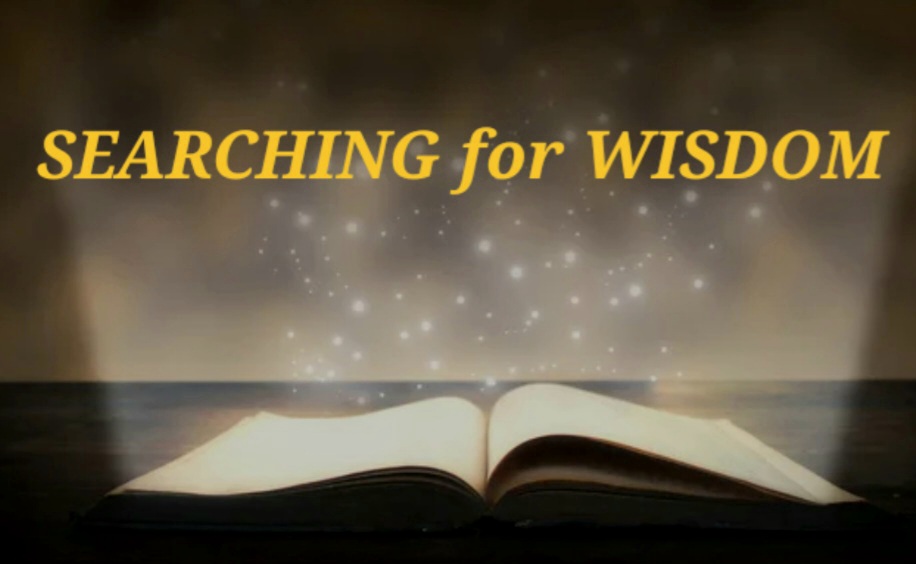We live in unsettled times. I am not just talking about the confusing partisan issues that incessantly fill our living rooms each evening. The state of humanity is what troubles me. There is a lack of enthusiasm that appears to circle everything. And when I look for support to balance life’s chaos, rarely do I find anyone with genuine sympathy, caring, mercy, or openness.
As an author, I struggle to decipher where our ability to understand one another has gone. As an example: Occasionally I receive mail from readers inquiring about current events. They are seeking relief; a recommendation to prevent further emotional confusion. Unfortunately, I have very little to recommend and no concrete answer as to how any individual can navigate their current chaotic state on a moment-to-moment basis. Yet, internally I understand that balancing our personal issues are critical to resolving the confusion.
Here is my thinking on this issue. I have never been considered socially astute nor have I possessed the necessary qualities of a wise man. Why? To be one, you must have the ability to absorb life’s encounters and make the needed changes to avoid flawed decision making. Additionally, authentic wisdom often involves multiple layers of complexity. Not only is wisdom linked to knowledge it is also using good judgement, and knowing what is internally proper and reasonable.
To seriously examine wisdom, a simple explanation does not exist. One must focus more on the ability to realize or perceive the true nature of reality. To be able to see things as they are, not as others would like us to believe. This type of wisdom is not duty-bound by conceptual knowledge. It must be intimately experienced, without prejudice, to be understood. That type of insight rests deep within the shadows of our interior and cannot be found through the musings of others.
In Eastern philosophical terms, wisdom is explained as “consciousness,” “insight” or “discernment.” Coupled with compassion, those terms represent the initial signs of a highly organized individual. Compassion doesn’t just help the world at large nor it is simply about taking acceptable action. It is the most important component in our quest for wisdom.
Wisdom develops through empathy. Additionally, compassion and forgiveness are essential in finding peace within all of us. Learning to forgive and accept that we are human can heal deep wounds. Only then can we emerge from life’s traumatic challenges and regain awareness. Empathy is the feature that identifies the goodness that exist in all people. It accelerates the removal of doubt about human existence. Once we understand ourselves, in relation to everyone else, open-mindedness is born and wisdom starts.
True wisdom is the act of honestly seeing and understanding ourselves. Wisdom is an accessible mind listening to alternative views and not becoming a dogmatist. Wisdom encompasses the careful examination of facts that review historical beliefs. Within that process, all of us become open to an internal path of judgement through kindness and concern. Such an intensive search of wisdom allows us to arrive at a state of profound personal understanding. If successful, we embrace courage, patience, flexibility, and a balanced life.


 Bud Megargee is a former senior behavioral healthcare executive; a Washington, DC., healthcare lobbyist; and an independently published, best-selling and award-winning author. He began writing after exploring Eastern philosophy and alternative medicine techniques in the professional treatment of emotional challenges at a Taiwanese Buddhist monastery.
Bud Megargee is a former senior behavioral healthcare executive; a Washington, DC., healthcare lobbyist; and an independently published, best-selling and award-winning author. He began writing after exploring Eastern philosophy and alternative medicine techniques in the professional treatment of emotional challenges at a Taiwanese Buddhist monastery.